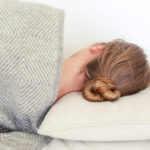Sleep has long been regarded as an essential need, with humans dedicating a third of their lives to it. However, it is not always beneficial to get shut-eye. Here are six instances when you should avoid sleeping to prevent potential harm:
1 Sleeping When Angry

According to the Sleep and Health Journal, the impact of anger on health depends on several factors, with the most significant being: the target of the anger, the duration of the angry episode, and whether one goes to sleep while angry.
Dr. Allen Towfigh, a New York-based neurologist and sleep medicine specialist, asserts that sleep helps process and consolidate information from our waking hours. Therefore, going to sleep after an argument while still angry will likely “preserve” those angry feelings.

In this state, sleep acts as an amplifier for emotions, thoughts, and issues present before dozing off. Sleeping while angry increases the risk of waking up to a heart attack, stroke, or even permanent sleep. This is because the body experiences increased heart rhythm disturbances and dangerous spikes in blood pressure.
It is advisable to resolve any negative issues before bedtime.
2 Sleeping While Drunk
Researchers from the University of Alabama at Birmingham (UAB) suggest that alcohol acts as a depressant, irritating the stomach and impairing basic bodily functions, such as the gag reflex. This increases the risk of choking on vomit and diminishes judgment abilities, even leading to sudden death during sleep.
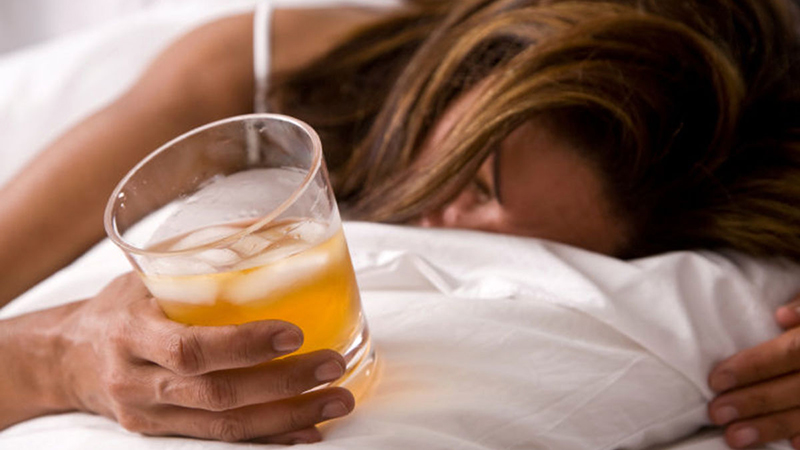
Additionally, the University of Virginia (UVA) has warned against letting a drunk person sleep it off alone. Blood alcohol levels can continue to rise even after an individual stops drinking, leading to breathing difficulties, coma, respiratory arrest, and sudden death.
When intoxicated, it is recommended to rest for a while before sleeping or lying on one’s side to prevent choking. One may also freshen up and drink a glass of water to aid in sobering up and reduce feelings of dizziness and headache upon waking.
3 Daytime Napping
According to Matthew Walker, a neurologist at the University of California, Berkeley, the shorter one’s sleep, the shorter one’s lifespan. On average, an adult should aim for 7–8 hours of sleep per day. However, this does not mean that more sleep is always better, especially during the day.
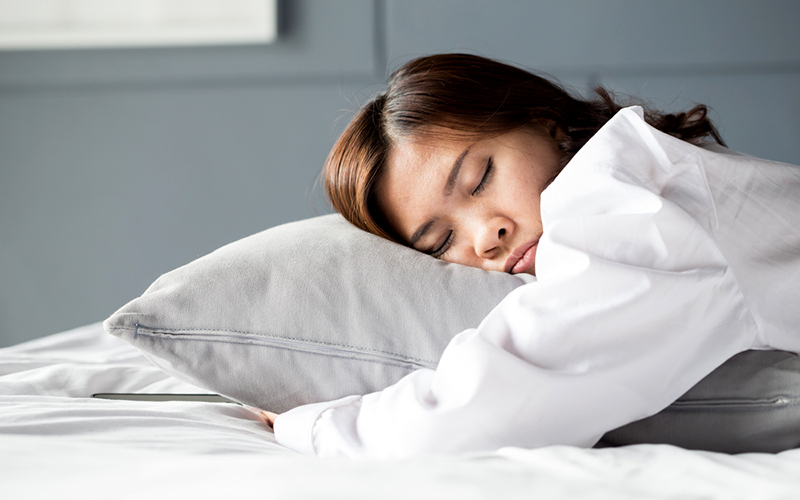
A large study published in the European Heart Journal on December 5, 2018, found that sleeping more than 6–8 hours per day (including daytime naps) was associated with a higher risk of mortality and cardiovascular disease.
4 Sleeping When Hungry or Overly Full
Clinical psychologist Dr. Michael Breus suggests that sleeping on an empty stomach can cause a rapid drop in blood sugar levels, leading to muscle loss and midnight awakenings. One may also feel tired and lethargic upon waking.
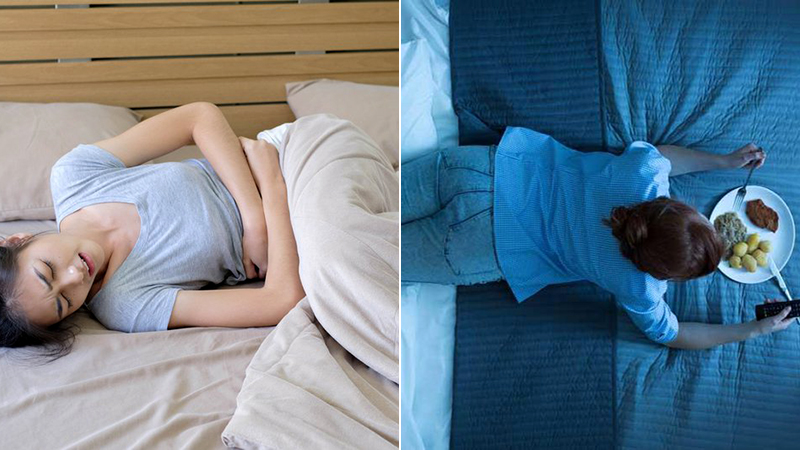
On the other hand, sleeping on a full stomach stretches the stomach and compresses the diaphragm, hindering their functions. Regularly sleeping in this state increases the risk of stomach ailments and edema. Therefore, it is advisable to engage in light exercise for half an hour before bedtime.
5 Sleeping With Wet Hair
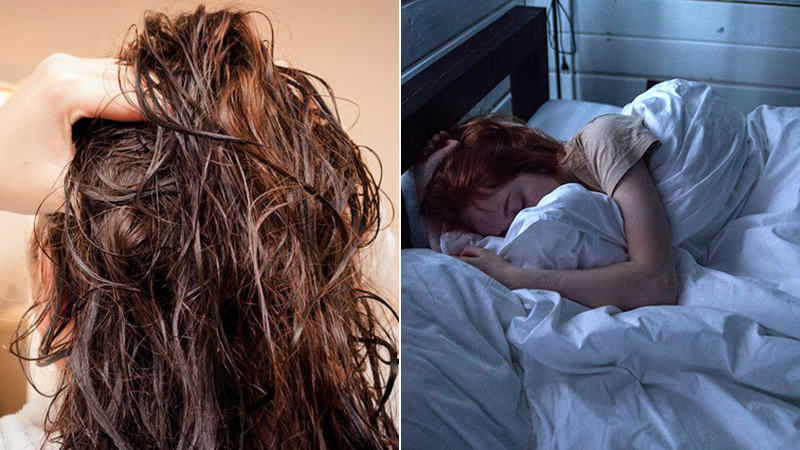
According to Amber Tully, a family medicine doctor at Cleveland Clinic, sleeping with wet hair can cause various scalp issues. Wet hair transfers moisture to the pillow, creating an environment conducive to bacterial and fungal growth, leading to seborrheic dermatitis, dandruff, scalp redness, itching, or chronic flaking.
6 Sleeping Right After Coming Home

Philip Tierno, a clinical professor of microbiology and pathology at NYU, asserts that bacteria can survive on clothing for weeks or even months. Therefore, one should avoid sleeping immediately after coming home as clothes can accumulate dirt, bacteria, and other contaminants from the outside environment. These contaminants can easily enter the body and negatively impact one’s health. It is advisable to change into fresh clothes and wash your face before sleeping.
Reference: 7 simple but surprisingly effective tips
Hopefully, you now know when it is not a good idea to sleep. While sleep is crucial, we must also learn to sleep wisely to maintain optimal health.
























